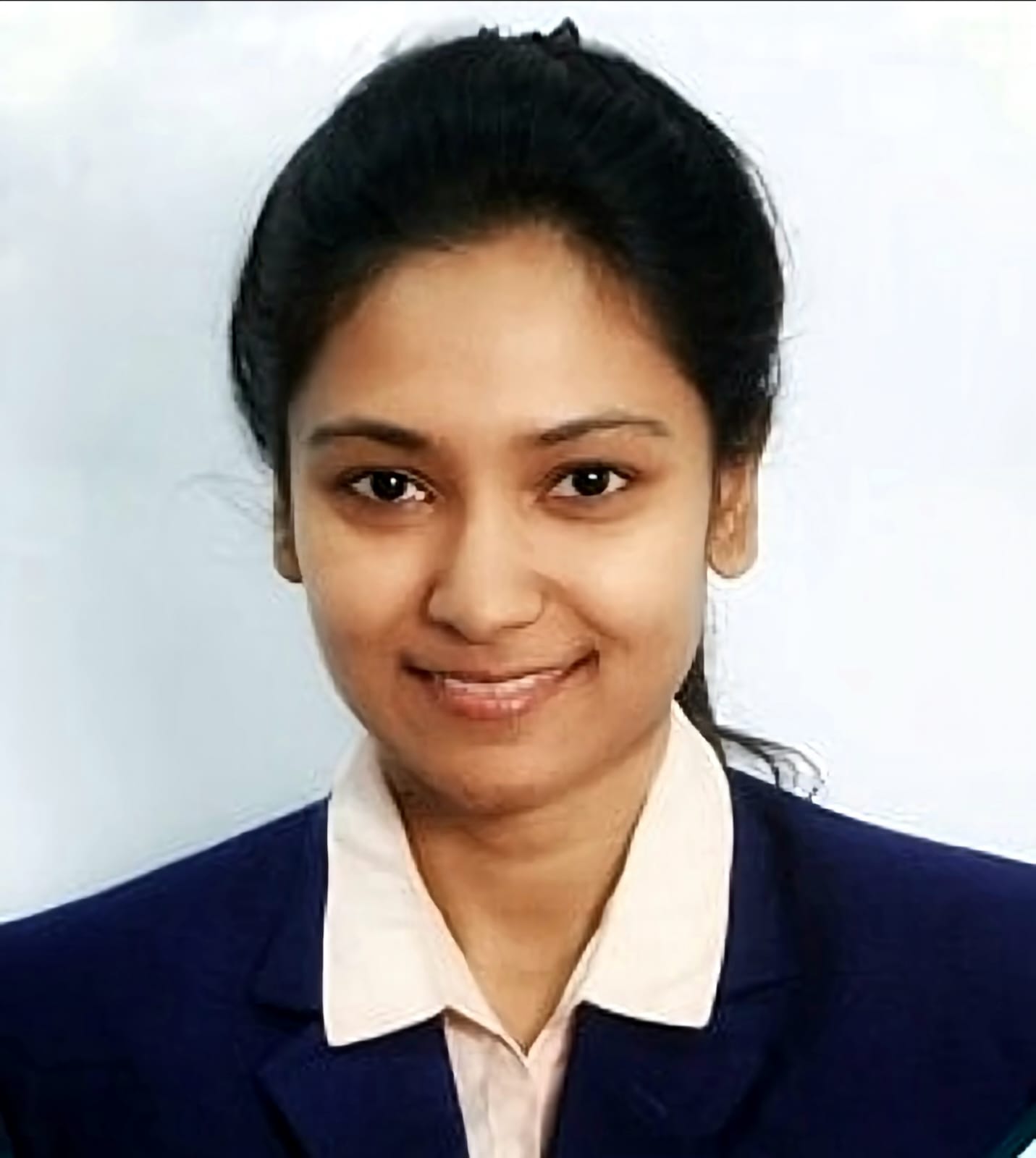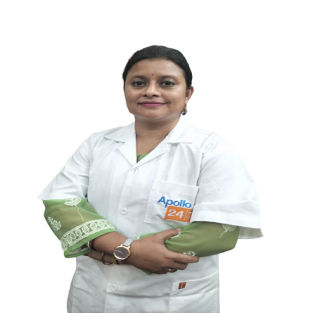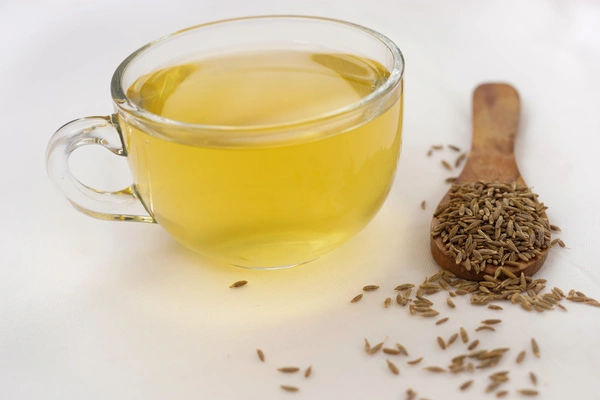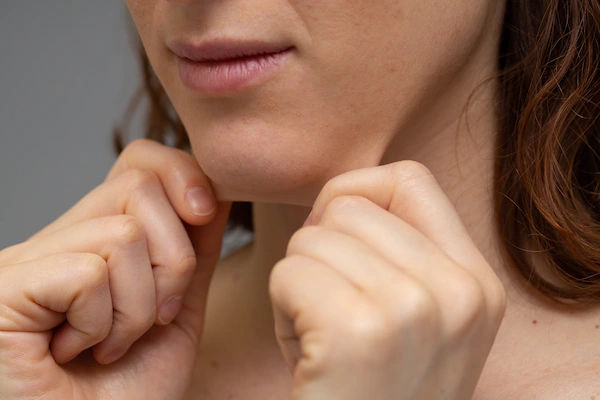How to Reduce Buccal Fat
Learn how to reduce buccal fat and achieve a slimmer face. Discover exercises, lifestyle changes, and medical options.

Written by Dr.Sonia Bhatt
Last updated on 13th Jan, 2026

When it comes to facial aesthetics, the shape and structure of the face play a significant role in defining our appearance. Some people are concerned about buccal fat, which resides in the lower part of the face. Many seek ways to reduce or manage buccal fat to achieve a more sculpted, youthful, and defined facial contour.
Understanding Buccal Fat
Buccal fat refers to the fat pads located deep in the cheeks, specifically in the hollow space between the upper jaw and the muscles that control chewing. This fat plays a significant role in the shape and fullness of your face, especially in the lower cheek area. The buccal fat pads help to cushion the jaw muscles and are particularly noticeable in individuals with a round or fuller face.
Function and Purpose of Buccal Fat
Buccal fat, the fat in your cheeks, helps give your face its roundness and fullness, but it also has a purpose beyond just how you look. It cushions and protects the muscles in your jaw, which are used for chewing and biting. The fat also gives your face a soft, youthful appearance. However, for some people, having too much buccal fat can make them feel self-conscious and lead them to want a slimmer, more defined face.
Causes of Buccal Fat Accumulation
Several factors, including genetics and lifestyle choices, can influence the accumulation of buccal fat. While many individuals may naturally carry more buccal fat, lifestyle and dietary habits can exacerbate or contribute to the problem.
Genetic Factors
Genetics play a major role in determining the amount of buccal fat an individual carries. If your family members tend to have fuller cheeks or rounder faces, you may be more likely to develop similar traits. This means that even with a healthy diet and exercise, you may still carry more buccal fat due to genetic inheritance. While this is a natural part of your appearance, it can lead to concerns about facial appearance as you age or if you experience changes in your body weight.
Lifestyle and Dietary Habits
Diet and lifestyle also contribute to the accumulation of buccal fat. Overeating or consuming high-calorie, processed foods can lead to overall weight gain, including on the face. Inactive lifestyles and a lack of physical exercise may also contribute to fat retention on the face. Certain habits, such as smoking and excessive alcohol consumption, can also impact the skin’s elasticity and contribute to a less defined facial appearance.
Consult Top Dietician
Non-Surgical Methods to Reduce Buccal Fat
For those looking to reduce buccal fat without the need for surgery, there are several non-invasive options to consider. While results may not be as dramatic as those seen with surgical interventions, these methods can still help with the overall contour of your face.
Dietary Changes for Reducing Facial Fat
Simple changes to your diet can significantly impact the amount of fat you carry, including on your face. Reducing your intake of processed foods, sugary drinks, and unhealthy fats can help promote weight loss and prevent further accumulation of facial fat. Instead, focus on a balanced diet with plenty of vegetables, fruits, lean proteins, and healthy fats like those found in nuts and fish. Hydration also plays a key role in maintaining healthy skin and reducing bloating on the face.
Facial Exercises and Their Benefits
Facial exercises, also known as "facial yoga," can help tone the muscles of the face and create a more sculpted appearance. While the effectiveness of these exercises in reducing buccal fat is still debated, they can certainly help improve muscle tone and elasticity in the facial area. Simple exercises like puffing your cheeks, smiling while pushing the cheeks upward, and performing jawline stretches may contribute to a firmer look.
Lifestyle Modifications for Effective Fat Reduction
Along with eating healthier and doing exercises, living a healthy lifestyle is important for reducing overall body fat, including fat in your face. Regular physical activity, like cardio exercises, can help you lose weight all over your body, including your face. Getting enough sleep, managing stress, and avoiding smoking can also help your body keep a healthy balance of fat and keep your appearance looking fresh and toned.
Surgical Options for Buccal Fat Removal
Buccal fat removal surgery is a popular cosmetic procedure that removes buccal fat pads and aims to slim down the cheeks and create a more contoured facial profile. Surgical procedures are an option for those seeking more dramatic and immediate results.
Buccal Fat Removal Surgery: Procedure and Benefits
Buccal fat removal is a relatively straightforward procedure performed under local anaesthesia. During the surgery, small incisions are made inside the mouth, and the buccal fat pads are carefully removed. The procedure typically lasts 30 minutes to an hour, with minimal downtime. The benefits of this surgery include a more defined cheek contour and a reduction in the fullness of the lower face. Most patients experience noticeable results within a few weeks as swelling subsides and healing progresses.
Risks and Considerations in Buccal Fat Surgery
Like any other surgical procedure, buccal fat removal surgery also carries certain risks. These risks include infection, bleeding, and adverse reactions to anaesthesia. Patients may also have swelling, bruising, or discomfort during recovery. It’s also important to consider that buccal fat removal is permanent, and further fat accumulation in the face is not typically expected. However, if you gain a significant amount of weight after surgery, you may notice changes in the overall shape of your face.
Post-Procedure Care and Recovery
Several key aspects of care are required following buccal fat removal surgery to ensure proper healing and a smooth recovery.
What to Expect After Buccal Fat Surgery
Right after the surgery, it’s normal to have swelling, tenderness, and a bit of bruising in your cheeks. These should get better in a few days to a couple of weeks. Your doctor may suggest using ice packs to help reduce the swelling and advise you to avoid heavy physical activities while you heal. You’ll also need to follow some aftercare instructions to avoid infections.
Tips for a Smooth Recovery
It’s important to follow doctor’s advice carefully to help your recovery go smoothly. This might include avoiding hard foods for a few days, taking any prescribed medications as directed, and keeping your mouth clean to prevent infection. Be patient, as you may not see the full results of the surgery until a few months later when the swelling completely goes down.
Potential Benefits and Risks of Reducing Buccal Fat
Reducing buccal fat can give you a more defined and balanced facial appearance. But, like with any surgery or change to your lifestyle, there are some risks and things to think about.
Aesthetic Benefits of Buccal Fat Reduction
The biggest benefit of removing excess buccal fat is a more sculpted and contoured look. Many people notice their jawline becomes more defined, giving their face a youthful and slimmer appearance. It can also make the face look more balanced, especially for those with fuller cheeks.
Potential Risks and Complications
While the surgery can offer great results, there are some risks involved. These include scarring, changes in how your face moves, or uneven fat removal that could make one side of your face look different from the other. It’s important to talk with your surgeon and make sure you understand these risks before deciding on surgery.
Consulting with Healthcare Professionals
Before deciding to reduce buccal fat, it’s very important to consult with a qualified healthcare professional to make sure it’s the right choice for you.
Importance of Professional Advice
A healthcare professional, particularly a board-certified plastic surgeon or dermatologist, can offer guidance on the most appropriate approach for your goals. They will assess your facial structure, skin elasticity, and overall health to determine whether surgical or non-surgical methods are best suited for you.
Conclusion
Reducing buccal fat is an effective way to achieve a more sculpted and youthful appearance. Whether you opt for non-surgical methods like dietary changes and facial exercises or pursue surgical options like buccal fat removal, carefully consider your goals, risks, and recovery process. Consulting with a qualified healthcare professional can ensure you make the right decision for your unique needs.
Consult Top Dietician
Consult Top Dietician

Ms Divya Gandhi
Dietician
10 Years • Diploma in Nutrition and Dietetics
Delhi
Diet and Cure, Delhi
(325+ Patients)

Ms. Suhita Sinha
Dietician
8 Years • BSC Food & Nutrition
Kolkata
Chikitsa Medicare Centre Pvt. Ltd.Sattelite Centre Behala Chowrasta, Kolkata

Ms. Samapti Maity
Dietician
16 Years • MSc. (Clinical Nutrition & Dietitics), NDEP, Course in Maternal Infant Young Child Nutrition.Diploma in Sports Nutrition, Diploma in Diabetic educator, FODMAP Specialist
Kolkata
BIENETRE CLINIC, Kolkata

Ms Suchanda Guha
Dietician
10 Years • M.Sc (Applied Nutrition), B.Sc (Food & Nutrition), Diploma (Yogic Nutrition)
Kolkata
NutriKutir, Kolkata

Ms. Malabika Datta
Dietician
17 Years • Msc. in Dietetics & Food Service Management
Kolkata
Dr Utsa Basu Clinic, Kolkata
(25+ Patients)
Consult Top Dietician

Ms Divya Gandhi
Dietician
10 Years • Diploma in Nutrition and Dietetics
Delhi
Diet and Cure, Delhi
(325+ Patients)

Ms. Suhita Sinha
Dietician
8 Years • BSC Food & Nutrition
Kolkata
Chikitsa Medicare Centre Pvt. Ltd.Sattelite Centre Behala Chowrasta, Kolkata

Ms. Samapti Maity
Dietician
16 Years • MSc. (Clinical Nutrition & Dietitics), NDEP, Course in Maternal Infant Young Child Nutrition.Diploma in Sports Nutrition, Diploma in Diabetic educator, FODMAP Specialist
Kolkata
BIENETRE CLINIC, Kolkata

Ms Suchanda Guha
Dietician
10 Years • M.Sc (Applied Nutrition), B.Sc (Food & Nutrition), Diploma (Yogic Nutrition)
Kolkata
NutriKutir, Kolkata

Ms. Malabika Datta
Dietician
17 Years • Msc. in Dietetics & Food Service Management
Kolkata
Dr Utsa Basu Clinic, Kolkata
(25+ Patients)


.jpg)

